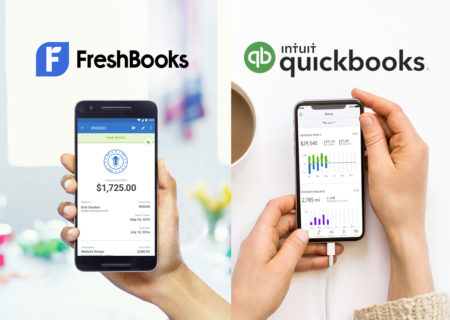Expense categories refer to the different types of expenses that a business incurs in order to operate and generate revenue. These expenses are typically categorized for accounting and tax purposes to help businesses track their spending and identify areas where they can save money.
Common business expense categories may include:
- Cost of goods sold: This refers to the direct costs associated with producing and selling goods or services, such as materials, labor, and shipping costs.
- Rent and utilities: This includes expenses related to office space, utilities, and other facilities used by the business.
- Marketing and advertising: This includes expenses related to promoting the business, such as advertising, website development, and public relations.
- Office supplies and equipment: This includes expenses related to purchasing and maintaining office supplies and equipment, such as computers, printers, and office furniture.
- Professional services: This includes expenses related to hiring professionals such as lawyers, accountants, and consultants.
- Travel and entertainment: This includes expenses related to business travel, meals, and other entertainment expenses incurred while conducting business.
Freelancers should know about business expense categories because they can help them to track their business expenses and identify tax deductions that they may be eligible for. By keeping accurate records of their expenses, freelancers can reduce their taxable income and lower their overall tax burden. Additionally, understanding their business expenses can help freelancers to make informed decisions about how to allocate their resources and prioritize their spending.



